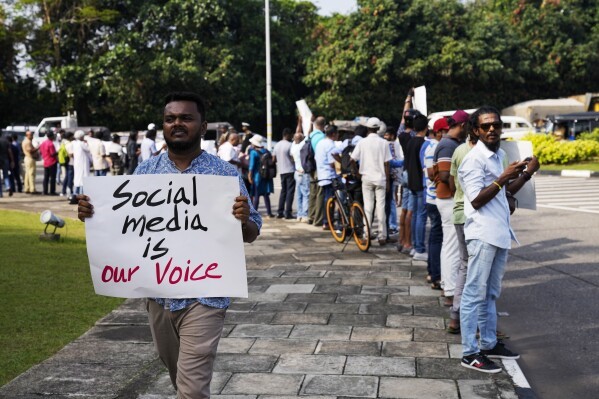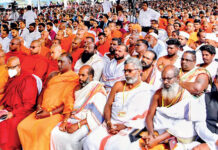Sri Lanka’s Cabinet has approved amendments to the Press Council Act, a 1970s-era law widely criticised as a tool for media control, to extend its scope beyond print to include electronic and online media.
The Press Council Act, introduced under Prime Minister Sirimavo Bandaranaike, created a statutory body with sweeping powers to regulate newspapers, summon editors, seize publications, and penalise journalists for content deemed threatening to national security, public order, or morality. For decades, rights groups have condemned it as an outdated and authoritarian instrument that undermines press freedom.
The government said the expansion reflects changes in communication technology and the growing influence of television, internet platforms, and social media on public life.
Health and Mass Media Minister Nalinda Jayatissa, who presented the proposal, said the amendment would require electronic and online outlets to publish corrections if they had carried inaccurate reports originating from print media.
“We have not yet decided on penalties for those electronic or online media who refuse to publish corrections. The cabinet has approved the amendment and we will come up with proper action,” Jayatissa, also Cabinet Spokesman, told reporters.
Successive governments have been accused of selectively using the Act against critical journalists, particularly during periods of political tension. While officials defend it as necessary to curb misinformation and ensure accountability in journalism, press freedom advocates both locally and internationally argue that the law is primarily used as a means of censorship.
The move to expand its reach has reignited concerns that instead of modernising Sri Lanka’s media laws to promote transparency and independence, the government is reviving a decades-old system of control under the guise of regulation.



